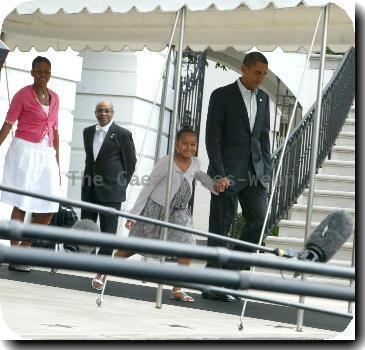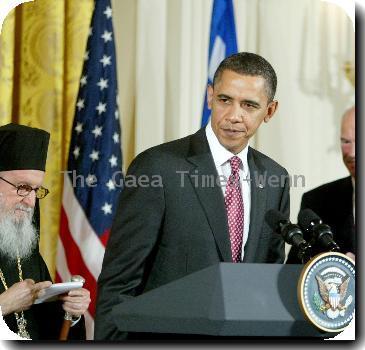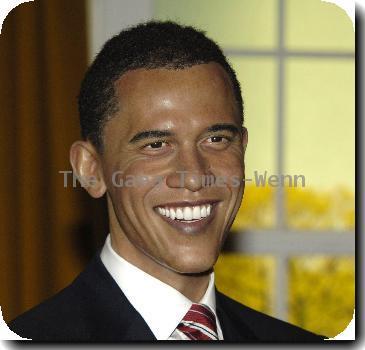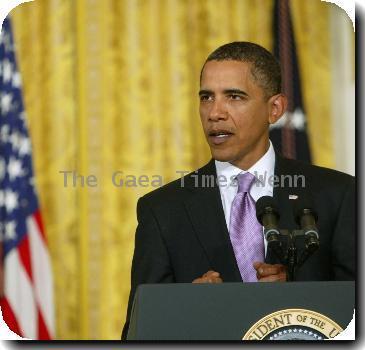Fears of war, NKorea meltdown cloud options for response to South Korean ship sinking
By Matthew Lee, APWednesday, May 19, 2010
US weighs response to SKorean ship sinking
WASHINGTON — Deciding how to respond to North Korea’s sinking of a South Korean warship will be tricky for U.S. officials.
Too tough a response could spark a dangerous reaction in the nuclear-armed neo-Stalinist state, while too lenient an approach could encourage more attacks.
While a military response from either the United States or South Korea is unlikely, U.S. officials say they are considering a variety of options, ranging from U.N. Security Council action to additional U.S. penalties.
Although Pyongyang’s attack on one of America’s closest allies in Asia may seem outrageous, U.S. officials fear that a severe reaction might set in motion events that provoke a North Korean military reaction or erode North Korean leader Kim Jong Il’s grip on power. Either war or chaos inside North Korea could have devastating security consequences.
“You want to deter the North Koreans from doing this sort of thing again, but you also don’t want to start a war,” said Victor Cha, the North Korea pointman in President George W. Bush’s White House and now the Korea chair at the Center for Strategic and International Studies.
“It’s like threading the needle. You want a response that deters but does not provoke,” Cha said.
For a second day in a row, senior American military, intelligence and diplomatic officials huddled in Washington to prepare a response to South Korea’s report formally blaming the North for the explosion March 26 that sank the Cheonan, killing 46 sailors.
The report, released in Seoul, said that investigators have proof that North Korea fired a torpedo at the warship.
Shortly afterward, the White House released a statement saying: “This act of aggression is one more instance of North Korea’s unacceptable behavior and defiance of international law.”
It said the attack was “a challenge to international peace and security and is a violation of the Armistice Agreement” that ended the Korean War.
State Department spokesman Gordon Duguid said the evidence ruled out any alternative explanation and that the United States was “already working very closely with our ally, (South Korea), and consulting with our partners regarding appropriate steps.”
The top U.S. diplomat for Asia, Kurt Campbell, said earlier Wednesday that the “United States strongly supports its conclusions.”
Campbell, assistant secretary of state for East Asia and the Pacific, said the release of the report meant the U.S. and its allies will be facing “a very serious set of circumstances in the coming days.”
The U.S. response will be a central issue during Secretary of State Hillary Rodham Clinton’s upcoming trip to Asia, Campbell said. Clinton leaves Washington on Thursday for talks in Japan, China and South Korea.
“The United States supports South Korea unequivocally and strongly,” Campbell said, adding that Clinton would be consulting closely with China, Japan and South Korea on how to answer the attack.
Analysts predict the U.S. and South Korea will also step up their anti-submarine activities while Seoul may on its own bar North Korean vessels from its waters. The South may also deliver a powerful economic blow by cutting of imports of North Korean commodities, particularly fish products, that would badly hurt the North’s desperate economy.
South Korean President Lee Myung-bak has vowed stern action against the culprits and discussed the matter by phone with President Barack Obama and Japanese Prime Minister Yukio Hatoyama.
North Korea has denied involvement in the sinking. North Korean vice parliamentary speaker Yang Hyong Sop criticized Seoul for “unreasonably” linking Pyongyang to the sinking earlier this week, according to Pyongyang’s state radio station.
But looming over the discussions is concern that a harsh reaction could escalate tensions to the point of clashes. There is also concern an aggressive response could trigger the collapse of what is arguably the world’s most isolated and authoritarian regime, U.S. officials said.
The Pentagon and American intelligence agencies fear the situation could develop into one in which Kim Jong Il’s government, already under heavy economic strain, loses control, the officials said. They spoke on condition of anonymity because of the sensitivity of the topic.
Such grim scenarios generally project a potentially catastrophic internal power struggle and massive refugee outflows that destabilize the Korean peninsula and northeastern China.
Tags: Accidents, Asia, Barack Obama, China, District Of Columbia, East Asia, Greater China, International Trade, Japan, Lee Myung-bak, North America, North Korea, Pyongyang, Seoul, South Korea, Transportation, United States, Washington







